Fintech
Top stories
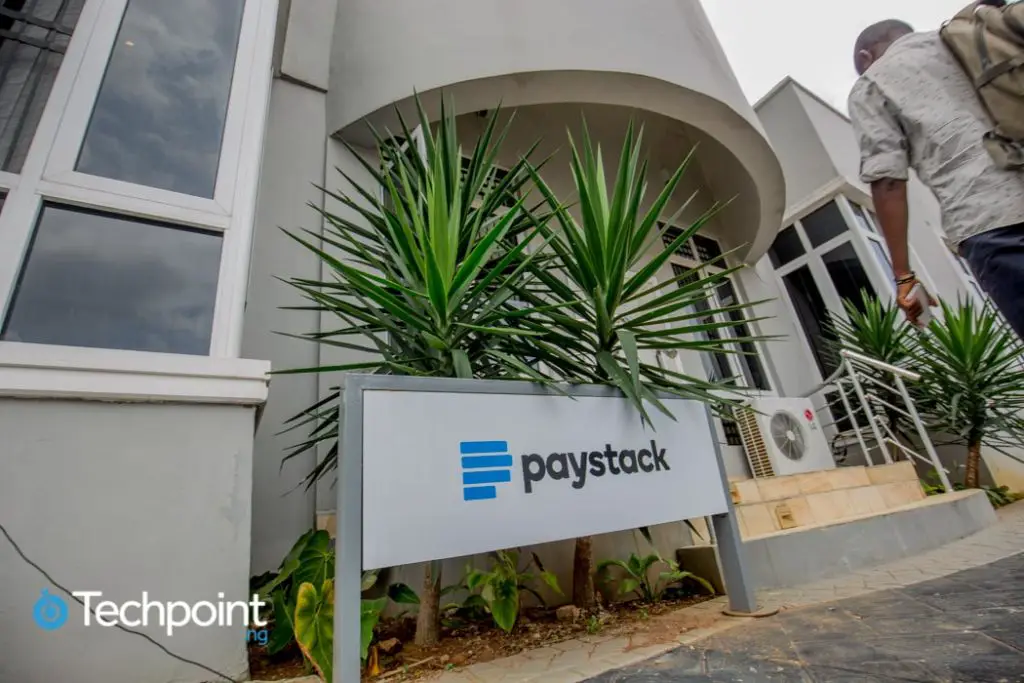
Paystack has built Virtual Terminal. A way for physical stores to accept payment without the additional cost of PoS machines.

Revio, a South African fintech that provides payment orchestration software, has raised $5.2 million from QED Investors, Partech, Ralicap, Everywhere VC, and Speedinvest.

Nigeria’s next CBN governor may be qualified for the job, but this fact about him could be a problem
With over 30 years of experience in the public and private financial sectors, Yemi Cardoso is a good fit for CBN governor, but this fact about him could be a problem.
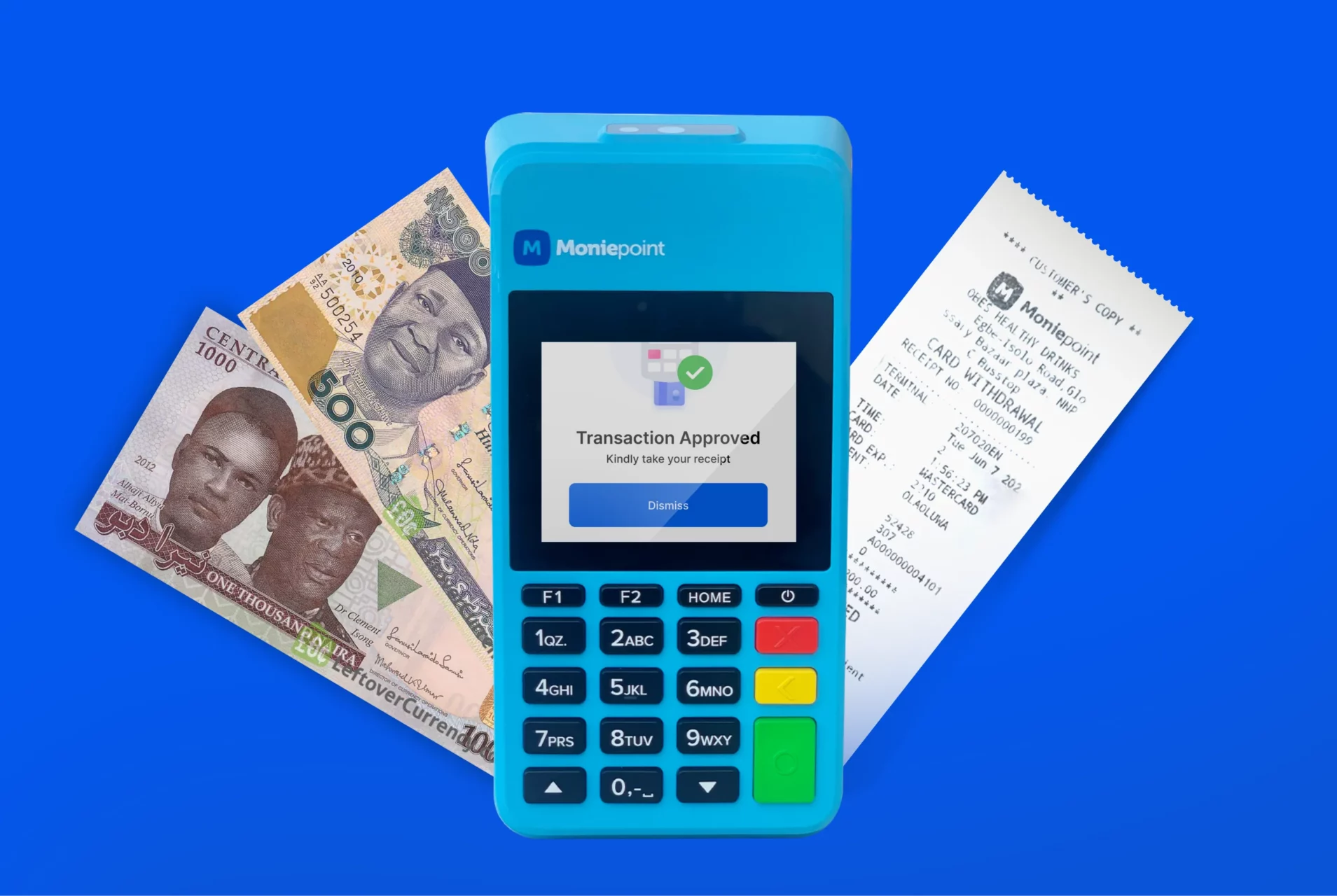
Inside Moniepoint’s gamified, offline strategy for retail banking and financial inclusion in Nigeria
From gamifying transactions to leveraging an expansive offline network, Moniepoint plans to redefine financial inclusion in Nigeria. We delve into the company’s multi-faceted retail banking approach aimed at serving everyone—smartphone owners and beyond

MTN’s MoMo and Saana Capital have partnered to enable customers to send and receive money across Africa. The collaboration also allows MoMo’s users to settle their bills across the continent.

Moniepoint has launched a consumer app and debit cards in a bid to enter the personal banking market. Previously available to businesses in Nigeria, this move will make its services available to everyone.
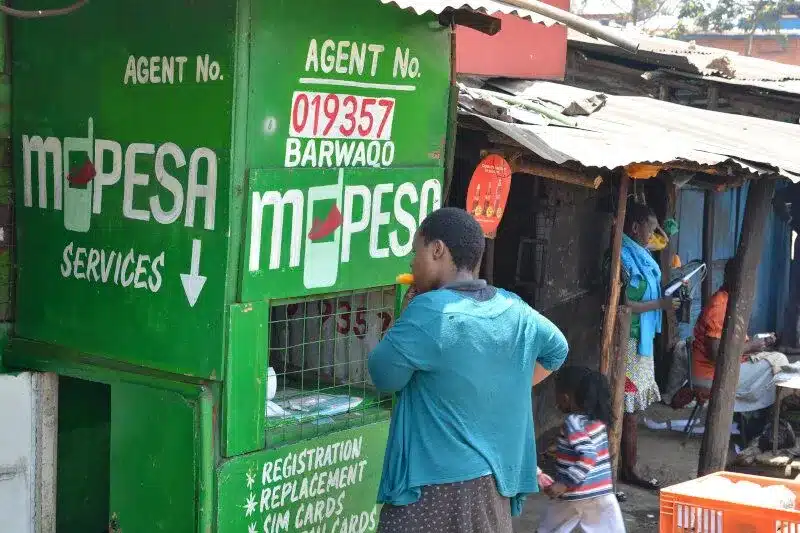
Safaricom has launched its mobile money service, M-PESA, in Ethiopia. This comes three months after receiving a Payment Instrument Issuer Licence from the National Bank of Ethiopia.

Airtel Money users in Kenya can now send up to KSh 500,000 daily, an increase from KSh 300,000. This move comes after Safaricom raised the limit on daily transactions for its mobile money service, M-PESA.

Due to a revised mobile money transaction cap, M-Pesa customers will make more transactions starting August 15, 2023. This move follows the Central Bank of Kenya’s approval.
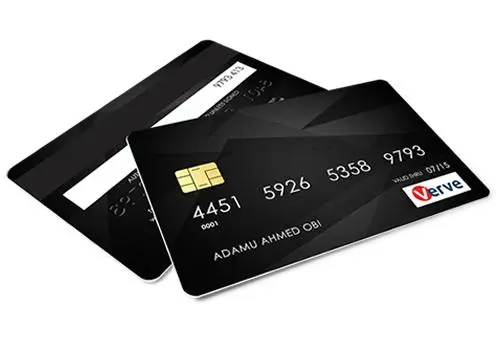
Google has partnered with Verve, a payment card company, to allow Nigerians to buy apps in naira on Google Play Store.

The Central Bank of Nigeria has unfrozen the bank accounts of Bamboo, Risevest, and 437 others.
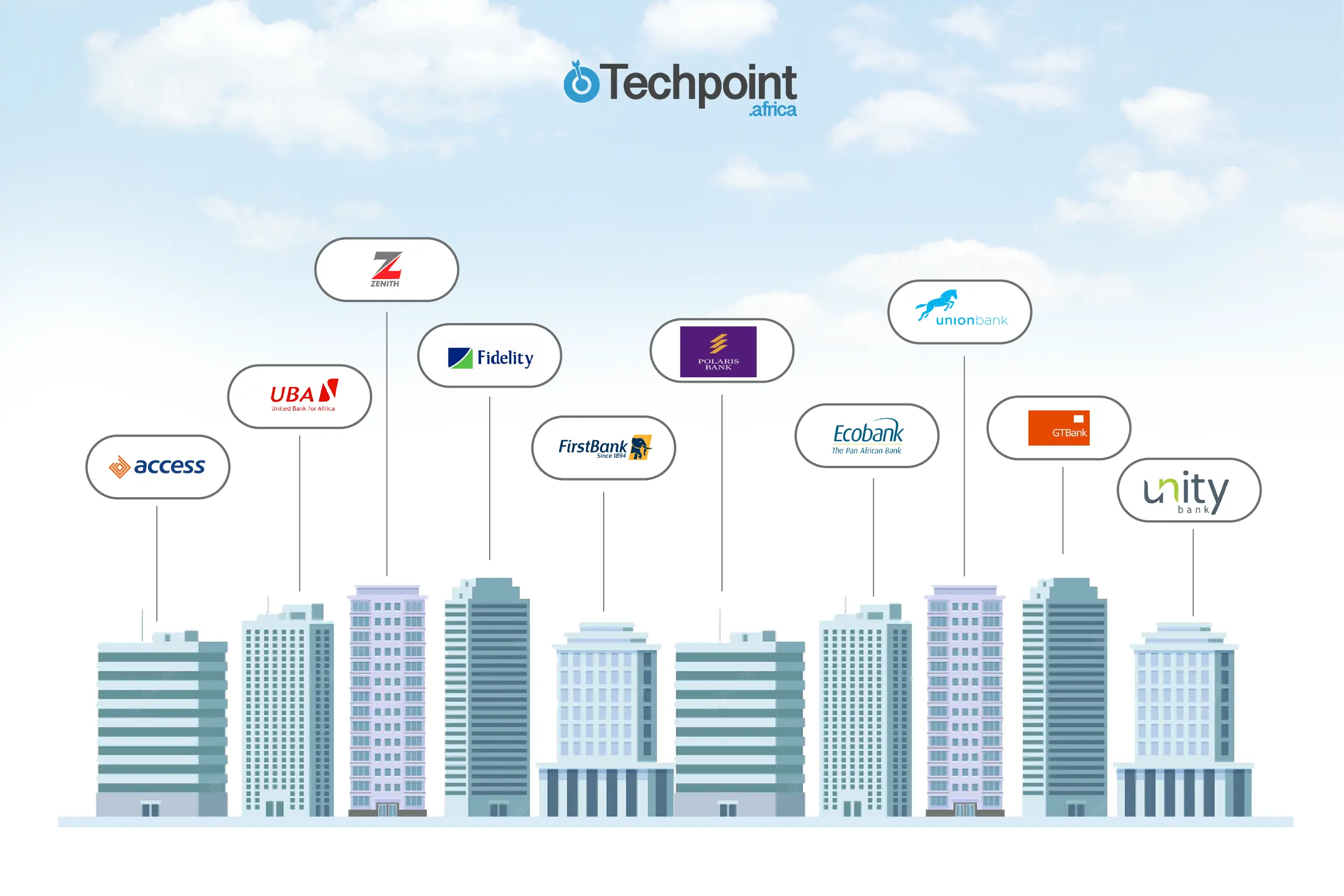
Which bank has the most branches in Nigeria? Out of the 4,437 banks in the country, these are the top 10 banks with the most branches.

Whether you run a supermarket chain or an Instagram store, being able to accept digital payments will significantly boost your business. These payment gateways provide the best value for businesses in Nigeria.

100,000 Somalis will be issued debit cards in 2023 following a partnership between SomBank and Mastercard. This comes after the introduction of a QR code standard by the Central Bank of Somalia in June 2023.

MTN’s mobile money subsidiary, MoMo PSB, made a landmark launch in 2022. Now, we sit down with CEO Eli Hini, the business whiz behind MoMo’s explosive success in Ghana, to talk goals, overcoming a ₦10 billion hack and more. Dive into the journey of #MoMoNigeria

Nigerian startup Payday has announced a temporary suspension of its partnership with its Mastercard provider. In a statement released, the company claimed its partnership with the provider was not meeting the standards required to serve its customers

OPay has started charging customers after their third transfer to other banks within 24 hours. Why are Nigerian fintechs ditching free transfer after leading with it?
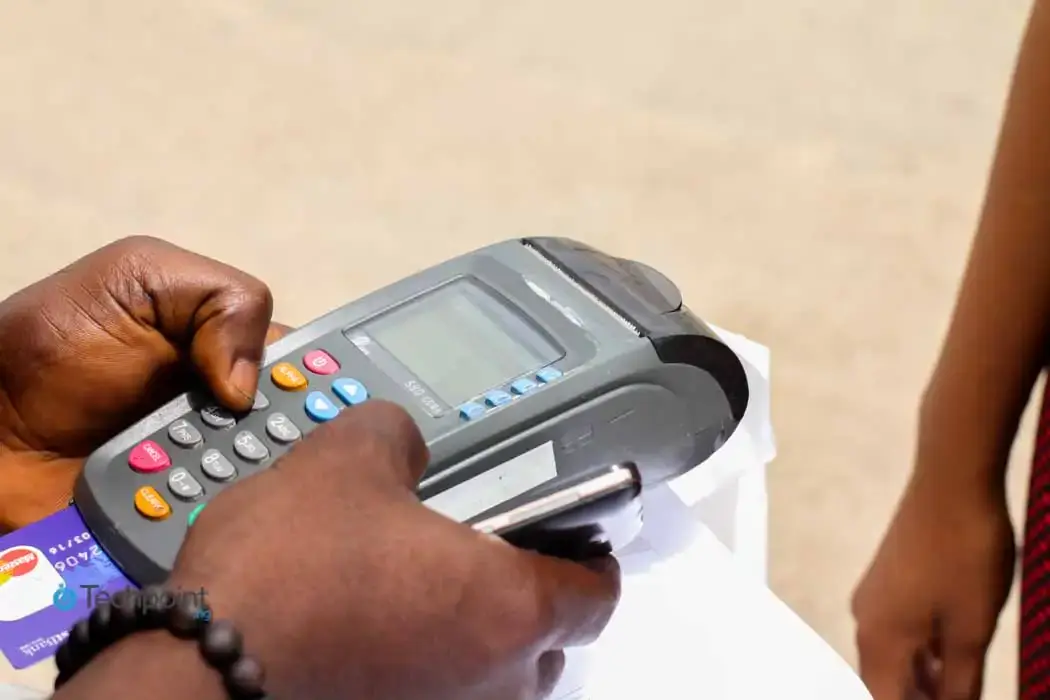
In Nigeria, one bank branch serves 27,000 people, but there’s one PoS agent for every 80 people. While agency banking seems key to financial inclusion, here’s why it won’t work.


